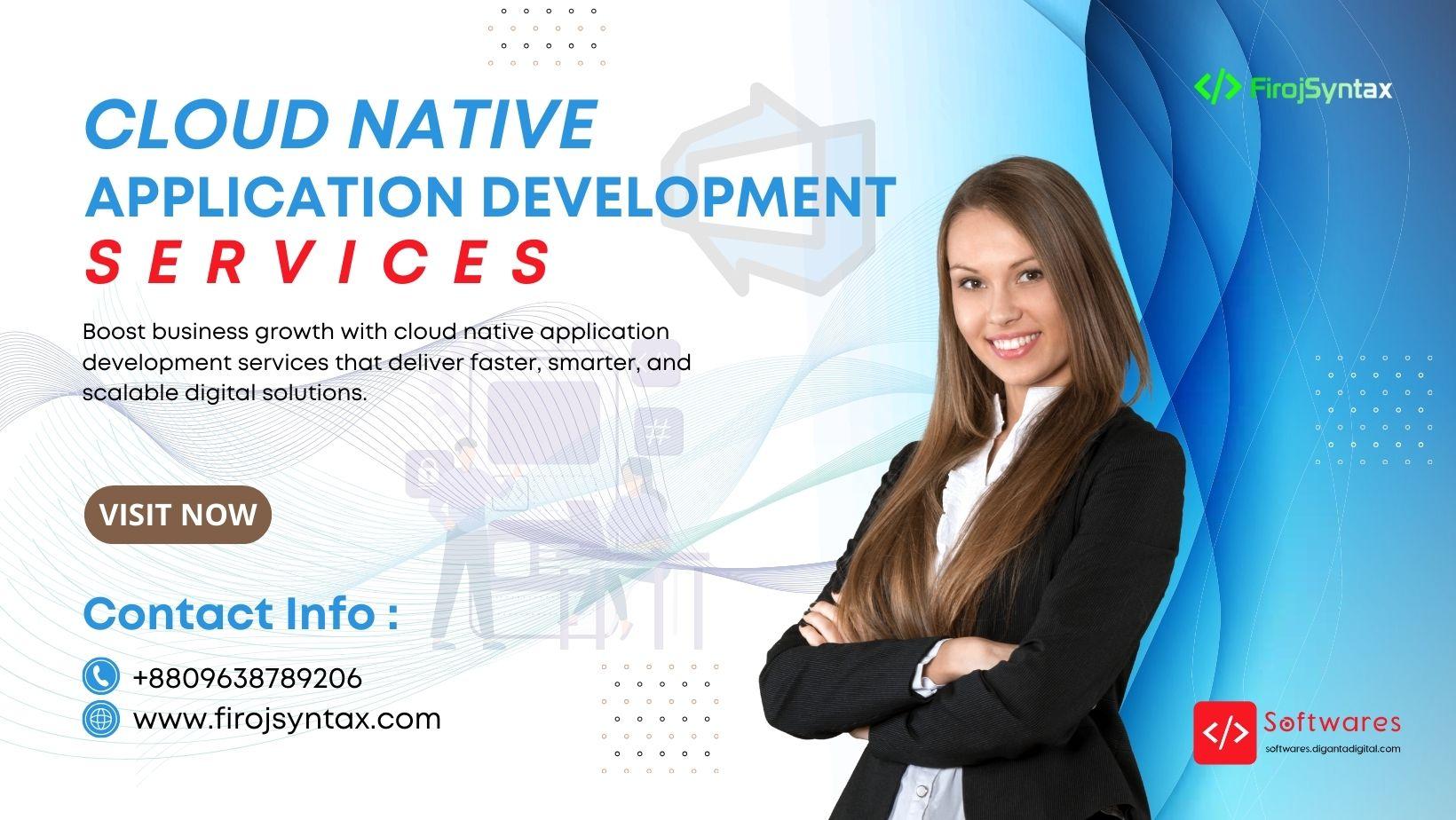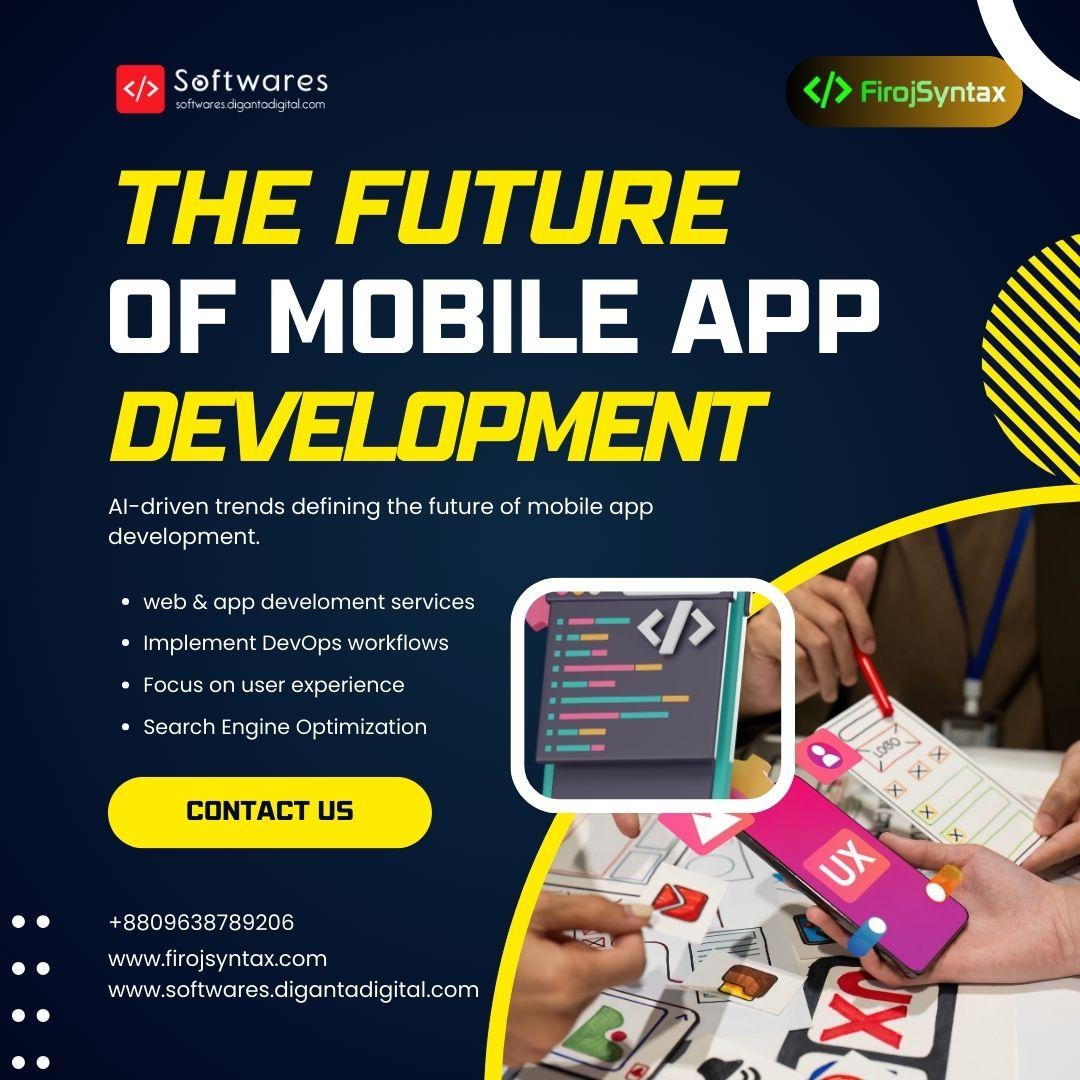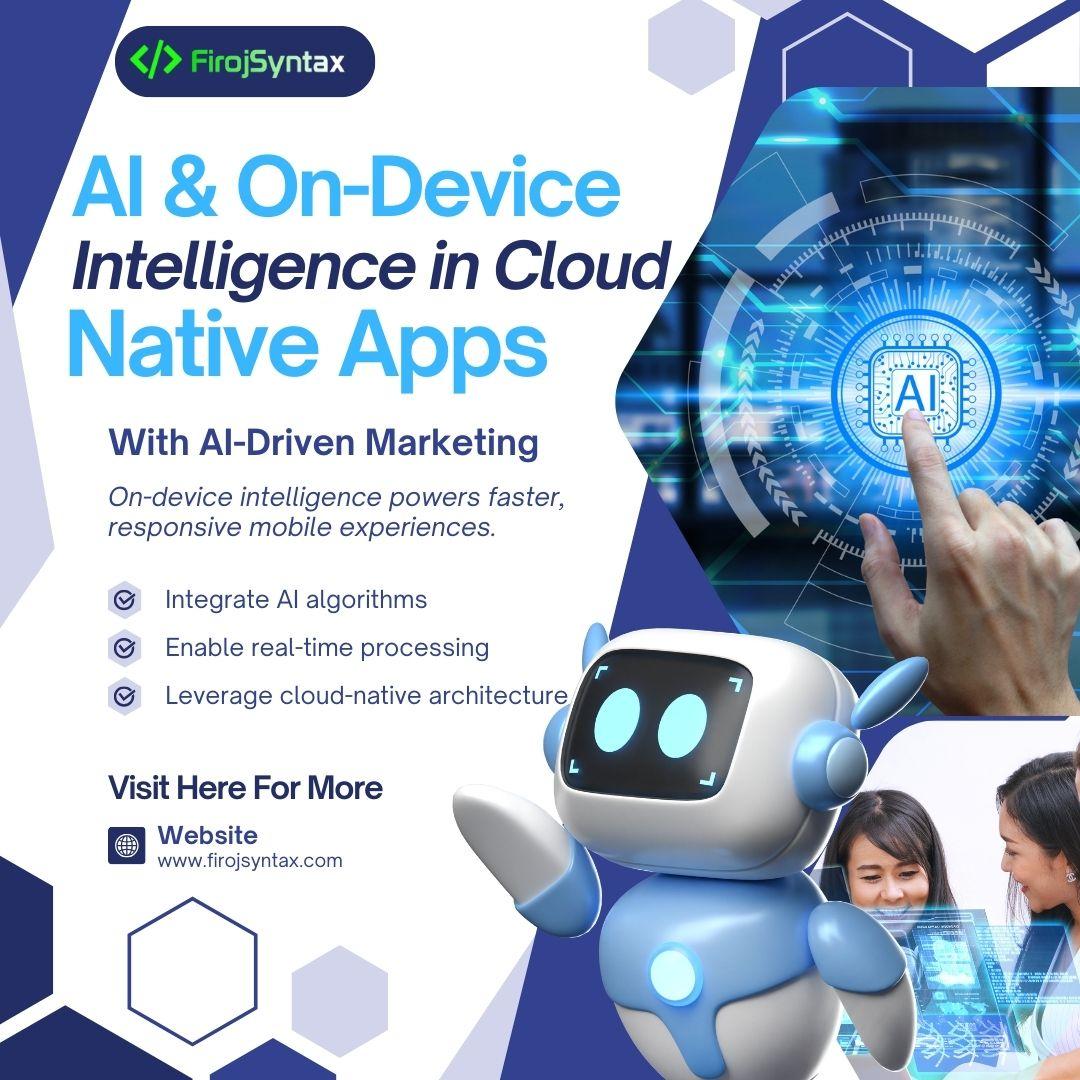Explore cloud native app development for faster, scalable, and cost-efficient apps powered by DevOps, AI, and future-ready digital solutions.

When I started building apps, the process felt like dragging a heavy cart uphill slow, costly, and never quite future-ready. That's where cloud native application development services change the game. Instead of tying apps to one server, they let you build for the cloud from day one making them faster, scalable, and far more affordable. In this guide, I'll walk you through why this approach matters for the future of mobile app development , how DevOps & Cloud-Native Architectures work together, and even where AI & On-Device Intelligence fit in. If you've ever dreamed of launching an app without the headache of old-school limits, you're in the right place.
Think of traditional apps like old houses built on a single foundation if that base cracks, the whole thing suffers. Cloud native apps, on the other hand, are like modern modular homes: designed to grow, adapt, and move easily. Cloud native application development services help you build apps directly for the cloud rather than relying on a single physical server.
The secret sauce? Microservices and containers. Instead of one bulky structure, your app comprises smaller pieces that can run independently but work together. This makes apps easier to fix, scale, and update without breaking everything else. Whether a scrappy startup or a global enterprise, this approach matters because it gives you speed, flexibility, and resilience in a fast-changing digital world.
When I launched my first side project, I worried about whether my app could handle sudden traffic spikes. With traditional hosting, that fear was real. Cloud native made scaling as simple as turning a dial when demand grew, my app grew with it.
Here's why beginners love it:
This is game-changing for small businesses. Local shops have grown online services without sinking huge amounts of money into servers. Cloud native isn't just tech jargon it's a safety net for anyone with big ideas but limited resources.

Open any app store today and see the shift: apps are lighter, faster, and smarter. That's not accidental it's because of cloud-native application development services . Developers now design apps with a "cloud-first" mindset, meaning they build with scalability and flexibility baked in from day one.
But the real magic lies in AI and on-device Intelligence . Think of your phone's health tracker or a voice assistant they learn from you, adapt, and work even without constant internet access. This blend of AI and cloud power is reshaping the future of mobile app development . For businesses, you're not just building apps you're creating smarter, more personal experiences that your users will love.
If cloud native is the foundation, DevOps is the engine that keeps everything running smoothly. When I worked on a project without DevOps, every update felt like a mini-crisis bugs slipped in, and fixes took forever. Once we adopted DevOps, the team moved like a well-practiced band: coordinated, fast, and in sync.
At its heart, DevOps is about teamwork and automation. It helps developers and operations folks work side by side, rolling out updates quickly without breaking things. Pair that with cloud-native architectures , and you get continuous delivery apps that improve every week, not every year. For beginners, it's like having training wheels and a turbo boost simultaneously. You move faster, with fewer crashes along the way.
I still remember when apps felt "dumb." You'd tap, wait, and hope they worked. Thanks to AI and on-device Intelligence , apps can learn from us. Think about a voice assistant that better understands your accent or a health tracker that suggests routines based on your past habits. That's not magic it's smart design powered by AI.

Here's the cool part: with cloud native application development services , businesses don't need giant servers or endless budgets to make this happen. Cloud platforms allow you to plug in machine learning, scale it, and even run parts of it on the user's device for faster responses. It's why your banking app feels secure yet quick, or why mobile games adapt to how you play.
If you're starting small, don't be intimidated. AI isn't just for tech giants anymore. With cloud-native tools, even a startup can build smarter apps that learn and adapt to users over time.
| Step | What to Do | Why It Matters |
|---|---|---|
| 1. Define Your Needs | Decide if your app is local or global. | Shapes your cloud, scaling, and budget choices. |
| 2. Choose a Cloud Provider | Start with AWS, Azure, or Google Cloud. | Beginner-friendly options; reliable and secure platforms. |
| 3. Learn Containers | Experiment with Docker & Kubernetes. | Keeps apps flexible, scalable, and easy to manage. |
| 4. Start Small | Build one feature, test, then scale. | Reduces risk and helps you learn as you go. |
| 5. Get Expert Help | Partner with cloud-native app developers. | Saves time, avoids costly trial-and-error mistakes. |
When I launched my first cloud-based app, I treated it like a traditional website. This was a big mistake. I wasted time (and money) setting it up the old way instead of embracing how DevOps and cloud-native Architectures are meant to work.
The most common pitfalls are treating the cloud like simple hosting, ignoring automation, or adding too much complexity too early. I've seen beginners set up 10 microservices before testing whether their app has users. Keep it simple at the start. Another slip is forgetting about security and compliance. Just because it's in the cloud doesn't mean it's automatically safe you still need good practices in place.
Avoiding these mistakes early will save you sleepless nights, trust me.
So here's the bottom line: cloud-native application development services are not just a tech trend they're the backbone of the future of mobile app development . From AI-driven features to faster updates with DevOps, this approach helps you build smarter, more reliable apps that are ready to grow with your users.
If you've been dreaming of building an app without the headache of old-school limits, now's the time. Start small, avoid the rookie mistakes, and lean on experts when necessary.
If you're ready to take the next step, explore trusted cloud-native application development services . The right partner can help turn your app idea into a real, scalable, and future-proof project .
Q. What are cloud native application development services?
A. Cloud native application development services are a smarter way to build apps directly for the cloud instead of locking them to one server. With them, you get faster speeds, easy scaling, and lower costs.
Q. Why are cloud-native apps better for the future of mobile app development?
A. Mobile apps today must adapt quickly, and cloud-native design makes that possible. It supports rapid updates, smarter features, and AI & On-Device Intelligence, making apps more personal and powerful.
Q. How do DevOps & Cloud-Native Architectures work together?
A. Think of DevOps as teamwork and automation, while cloud-native is the strong foundation. Together, DevOps and cloud-native Architectures help teams deliver updates faster with fewer bugs.
Q. Can small businesses benefit from cloud native application development services?
A. Absolutely. You don't need a giant budget to start cloud-native apps let you pay only for what you use. That means startups can grow without worrying about heavy upfront tech costs.
Q. Is AI & On-Device Intelligence really useful in cloud-native apps?
A. Yes, and you've probably used it already. From mobile banking apps that flag fraud to voice assistants that learn your habits, AI and on-device Intelligence make apps smarter, and cloud-native platforms make this easier to adopt.
Your email address will not be published. Required fields are marked *